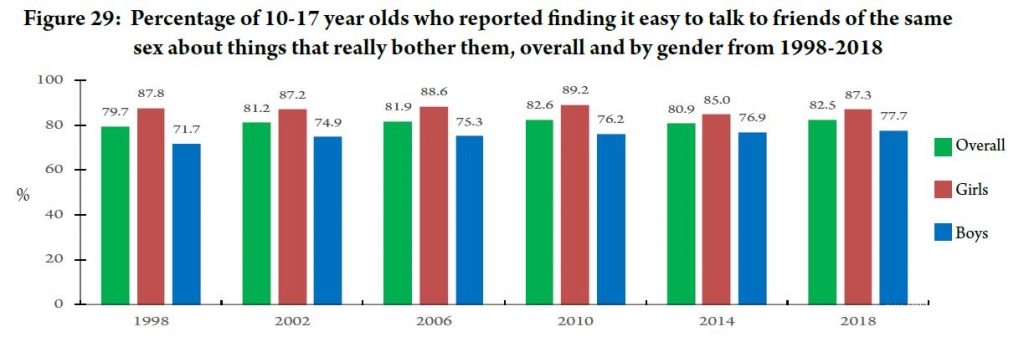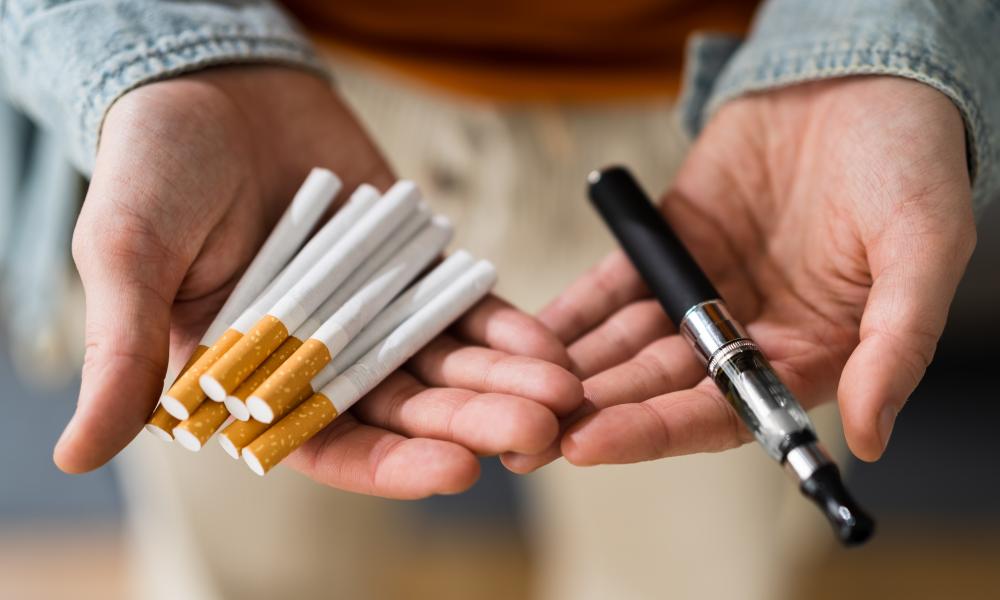
Esther Atuhaire is undertaking a student placement at the Institute of Public Health as part of a Masters Programme in Public Health at the University of Limerick. Esther’s project explores the mental health needs of young women in the context of current policy development in Ireland.
Women are largely underrepresented in discussions, research and policy development regarding their health, yet they are in a position to provide valuable insight as experts by experience. This is an area Esther hopes to contribute to as a public health professional in Ireland and as a member of the non-government mental health organisation, Reborn Minds, in Uganda.
Women’s mental health has recently come into focus at policy level in Ireland, emerging as a priority issue within the work of the Women’s Health Taskforce, established by the Department of Health.
Gender is a complex determinant of health[1] with women more likely than men to experience depression and anxiety [2]. While the higher incidence of suicide among men is generally well recognised in society, the pattern of mental illness among women is less well known.
In Ireland, young women reported having the highest levels of negative mental health in 2016 with one in 131 girls (15-19 years) presenting to hospital due to self-harm [3].
Research, policy implementations and interventions are being put in place to promote women’s mental health and wellbeing. However, it’s important to note that societal attitudes and gender norms remain detrimental to this cause.
Societal, institutional, family and peer attitudes greatly shape the mental health environment for women. This begs the question, does the current social, cultural and economic environment hinder young women’s mental wellbeing and their ability to access services when they experience mental ill health?
What do young women have to say?
The 2018 Health Behaviour of School-aged Children (HBSC) survey revealed a decline in girls ‘always’ feeling safe in their local area, down from 51.1% in 2002 to 46.5% in 2018. The study also reported a decline, since 1998, in how easily 15-17 year-old girls found it to talk to close friends of the same sex about things that bothered them.

Young women report that their mental health issues tend to be dismissed – at a family and institutional level – because of the difference in how mental illness is presented compared to physical illness. This is further demonstrated in treatment[4] as young women can feel excluded from making or being offered a choice in treatment.
This group are also largely dissatisfied with their body image[5]. This stems from societal expectations and the disempowering effect of social media.
There is also work to do in developing services that are inclusive, sensitive and appropriate to the diversity of the female experience, as evidenced by one recent study of the experiences of lesbians and their mental health needs[6].
Have women’s voices influenced the direction of policy on mental health?
‘Radical listening’ formed part of the work of the Women’s Health Taskforce, set up in 2019 to improve women’s health outcomes and experiences of healthcare.
Inputs included a report which highlighted the perspectives of over 270 women from all over Ireland on health and wellbeing, what needs had been met and recommendations on what could be improved. [HM1] A supplementary report on the experiences of marginalised women was also published.
The Women’s Health Taskforce recognised the benefits of maximising opportunities for women’s health within the implementation of the existing mental health strategy.
The Sharing the Vision Implementation Plan 2022-2024 and the Women’s Health Action plan 2022-2023 both commit to addressing the needs of women through the development of gender sensitive mental health services, research, additional services, and changes in existing care provision.
How can we support change in young women’s mental health?
As at individual level, each of us can support young women and their mental health by ‘Being Aware, Being Sensitive, and Being Kind’. A simple act of kindness through listening and acknowledging the feelings of girls and young women can go a long way to open up the conversation on mental wellbeing.

At a policy and programme level, priority areas for action to enhance the mental health of girls and young women include investments in:
– mental health literacy in all-girl and co-educational schools
– gender mainstreaming in the health service; and
– providing and developing supports through community based mental health organisations.
For these changes in mental health support to materialise, a collective effort from all stakeholders and society at large is required through attitude changes, as well as a gendered approach to research and service provision.
For further information about available mental health supports visit https://www2.hse.ie/mental-health/.
References
[1] Sen, G. and Östlin, P. (2009) ‘Gender as a social determinant of health: evidence, policies, and innovations’ in Gender Equity in Health Routledge, 23-68.
[2] Faravelli, C., Alessandra Scarpato, M., Castellini, G. and Lo Sauro, C. (2013) ‘Gender differences in depression and anxiety: The role of age’, Psychiatry Research, 210(3), 1301-1303, available: http://dx.doi.org/https://doi.org/10.1016/j.psychres.2013.09.027.
[3] National Women’s Council of Ireland and Department of Health, H.S.E. (2020) Women’s Mental Health in Ireland, available: https://assets.gov.ie/76787/009a3140-75dc-476a-b4b6-8c21b5e3ee39.pdf [accessed 15/05/2022].
[4] Butterly, L.C. (2015) ‘At the mercy of Janus: Transitioning from the child to the adult mental health services’, Irish Journal of Psychological Medicine, 32, 45-49.
[5] Mooney, E., Farley, H. and Strugnell, C. (2009) ‘A qualitative investigation into the opinions of adolescent females regarding their body image concerns and dieting practices in the Republic of Ireland (ROI)’, Appetite, 52(2), 485-491.
[6] McCann, E. and Brown, M.J. (2020) ‘The views and experiences of lesbians regarding their mental health needs and concerns: Qualitative findings from a mixed‐methods study’, Perspectives in Psychiatric Care, 56(4), 827-836.


